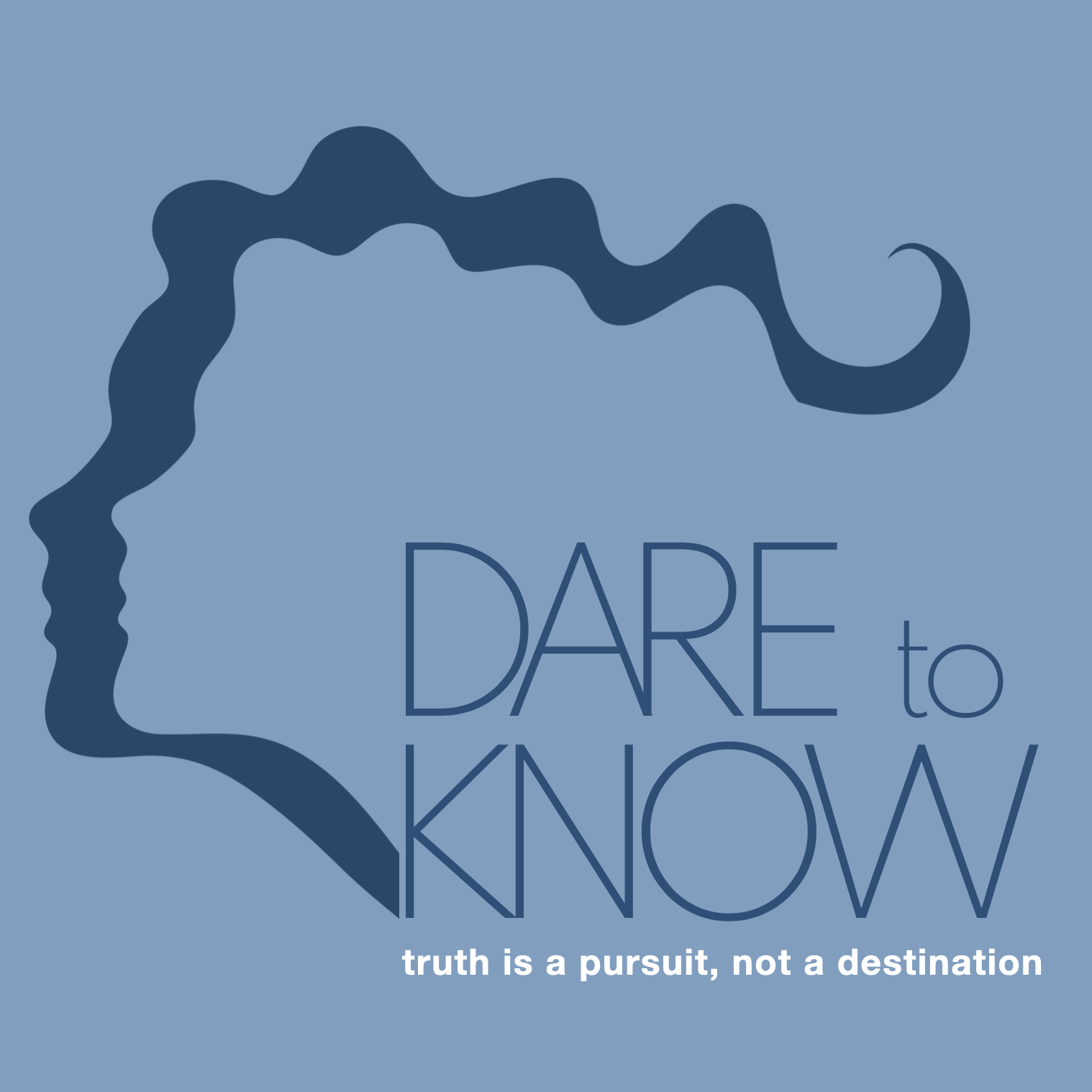Podcast: Play in new window | Download
Subscribe: Apple Podcasts | RSS
The first five episodes of this series outlined some of the major themes in how trauma and theology intersect. Now that we know some basics, where do we go from here? In this episode I am joined by three friends who have spent 12 weeks talking about this material and exploring how we might conceive of healing in the aftermath of religious trauma.
Our conversation covered a lot of ground and we concluded that healing is messy! We explore the body, being honest, safety, and how to search for life. Finally, we disuss the concept of hope. Ecotheologians teach us that to heal a traumatized world we must think differently, so if bad theologies have gotten us here, what happens if we flip our ways of thinking? Ivone Gebara suggests new ways of thinking theologically should be more independent, process drive, mind/body bond, contextual, holistic, inclusive, and must make way for emotions.
Hungry and thirsty, we expect to see hope spring up once again in our own womb, in the womb of the earth, out of our entrail, out of the divine that lives with us and renews us. Like the deer, we move forward seeking what will bring us to life, what will enliven our Sacred body with its thousand and one lives. Like the deer, we have sensed the living waters from afar; and now we run towards them, but with no certitudes…barely allowing our goal to keep us alive, to keep us dreaming and to prepare us for the next step on the way. (Gebara)
About My Guests
All of my guest are students at The Seattle School of Theology & Psychology
- Madison Drury pursuing a Master of Arts in Counseling Psychology
- Emily Knorr pursuing a Master of Arts in Theology & Culture
- Wes Patterson pursuing a Master of Arts in Counseling Psychology
In This Episode
- How do we move forward? (6:15)
- Why we MUST listen to our body (9:45)
- “My body is only ever trying to love me” (12:50)
- Naming the “death” that has occurred and holding complexity is crucial (15:30)
- What does it mean to attend to trauma as a wound that doesn’t heal? (19:00)
- Is it enough just to “sit with” trauma and pain? (24:45)
- “PTSD is woven into our culture. What action could be done if we were more intentional about sitting and holding people’s stories.” (33:15)
- “Being able to help people navigate bad theology is a type of care.” (38:38)
- Judith Herman suggests phases of 1. Safety 2. Remembrance/mourning and 3. Constructing a future (37:40)
- Healing is MESSY! (48:25)
Books & Resources mentioned in the show
- Leaving the Fold by Marlene Winell, Marlene
- Spirit and Trauma: A Theology of Remaining, by Shelly Rambo
- Shattered Assumptions: Towards a New Psychology of Trauma by Ronnie Janoff-Bulman
- Trauma and Recovery: The Aftermath of Violence by Judith Herman
- The Wisdom of Your Body: Finding Healing, Wholeness, and Connection Through Embodied Living by Hilary McBride

